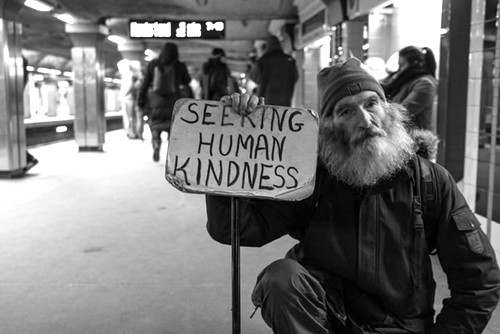Economic Justice
Economic inequality affects the health, educational and economic opportunities and disproportionally affects racialized communities, women and children. Our principles call us to act for equity and justice in our communities, compassion in our relationships and change in our society to honour and support the inherent worth and dignity of all.
Statements:
In August 2020, the CUC issued a statement and a call to action to our members to press the Government of Canada to include a Guaranteed Income program as part of the COVID recovery plan. Poverty and economic instability have profound effects on the health, education, social engagement and inclusion, and future economic prospects of those who experience them. Poverty disproportionately affects children, women and racialized and marginalized communities including those with disabilities. In 2018, 8 percent of all children, and 1 in 4 children living in families with single mothers, were living in poverty.
The statistics are far worse for Indigenous communities. The Assembly of First Nations reported in 2019 the following statistics for children living in poverty: 47% of Status First Nation (53% for those living on reserve and 41% for those living off-reserve); 25% of Inuit children; 22% of Métis children; and 32% of non-status First Nations children.
Read the full CUC statement on Guaranteed Income.
Resources:
Living in a World with COVID
As Canada went into Covid lockdown in March 2020, Mary Scott and Al Sharp, members of the First Unitarian Church of Hamilton were alarmed by the fact that the pandemic was having a particularly adverse effect on people who started from disadvantaged positions. As part of a discussion with their congregation, Mary and Al were invited to investigate Guaranteed Basic Income as a possible solution. “Living in a World with COVID: Lessons Learned, Moving Forward” is the result of there research. The sessions are offered as a three-part video series with a focus on economic inequality in Canada and possibilities for transformation and include include readings, music, information and commentary designed to promote personal reflection. We thank Mary Scott and Al Sharp and the First Unitarian Church of Hamilton for making these resources available for non-commercial use by individuals and congregations.
Session 1 Video
Questions for reflection upon viewing Session 1:
-
- When do I first remember becoming aware of someone or a family not having enough money for necessities, such as food, clothing, housing, school supplies?
- How has the pandemic affected me, my sense of security, my economic security? Are there things that seemed important to me before that feel superfluous now?
- Do I have first hand awareness of one or more people or families who have been ‘dealt a bad financial hand’ with the pandemic? (can include own family) What impact has that had on me?
- How do I feel about the idea of basic income payments to individuals 18-64 years old without them being required to work in a paid marketplace job for the money?
Session 2 Video
Questions for reflection upon viewing Session 2:
-
- Am I okay with or uncomfortable with the current level of economic inequality in Canada?
- What examples of wealth concentration do I recognize I benefit from?
- Do I know which decile (10% grouping) my income fits? My wealth?
- If I am above the midrange, how would I feel about reducing my income or wealth to shift some of it to those below the midrange? How might my family feel about this?
Session 3 Video
Questions for reflection upon viewing Session 3:
-
- What kind of society do we want for ourselves and others?
- Do I see links between growing economic inequality and the kind of society I want to live in?
- What opportunities do I want for all children
- Are there new choices I might make to work for the society I want for myself and future generations?
- Do I see ways our church might become engaged?
- How might Christmas be different this year?
Resources for education and reflection
What is Universal Income? A short animated video explains the central ideas around basic income issued by RSA, a UK organization advocating for social change.
Global News story from 2016 outlining how guaranteed annual income might work in Canada
Canada’s First Poverty Reduction Strategy issued by the federal government in August 2018
Basic poverty statistics issued by Canada Without Poverty.
The United Nations Sustainable Development Goals which Canada has committed to achieving by 2030
Vice Magazine article about the basic income experiment which ran in Dauphin Manitoba in the 1970s.
